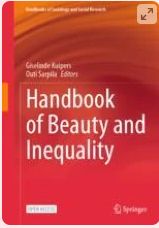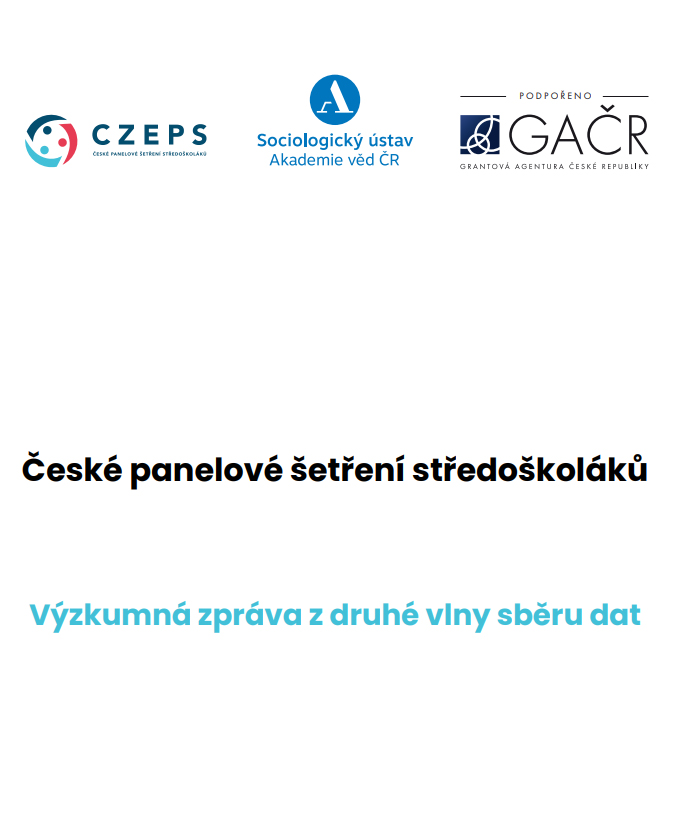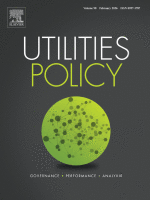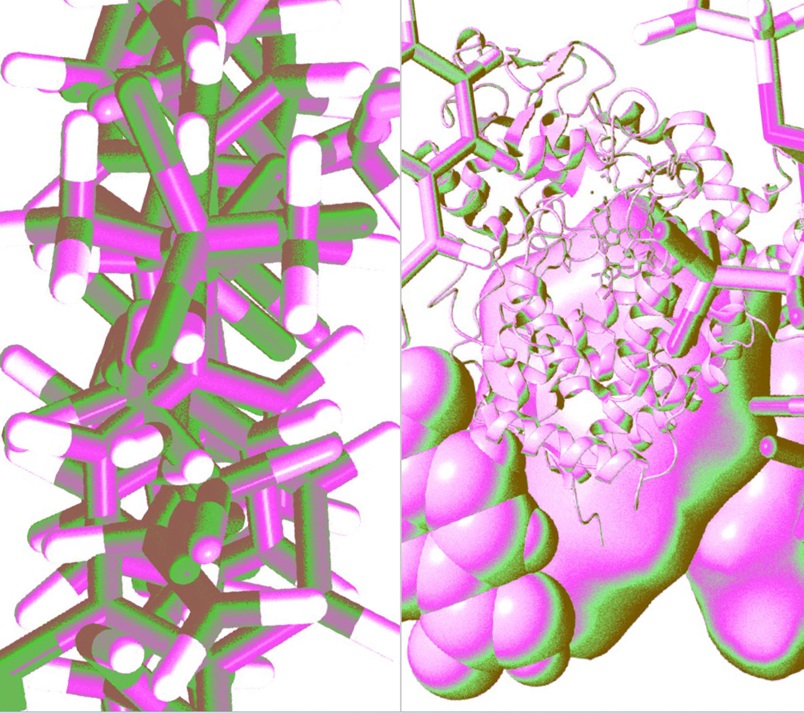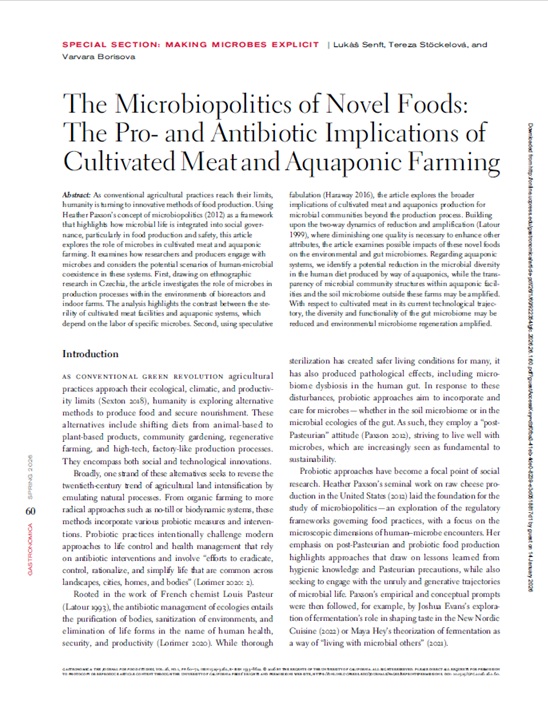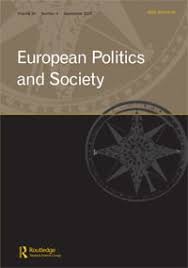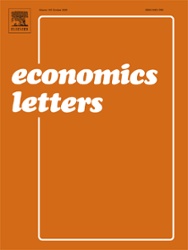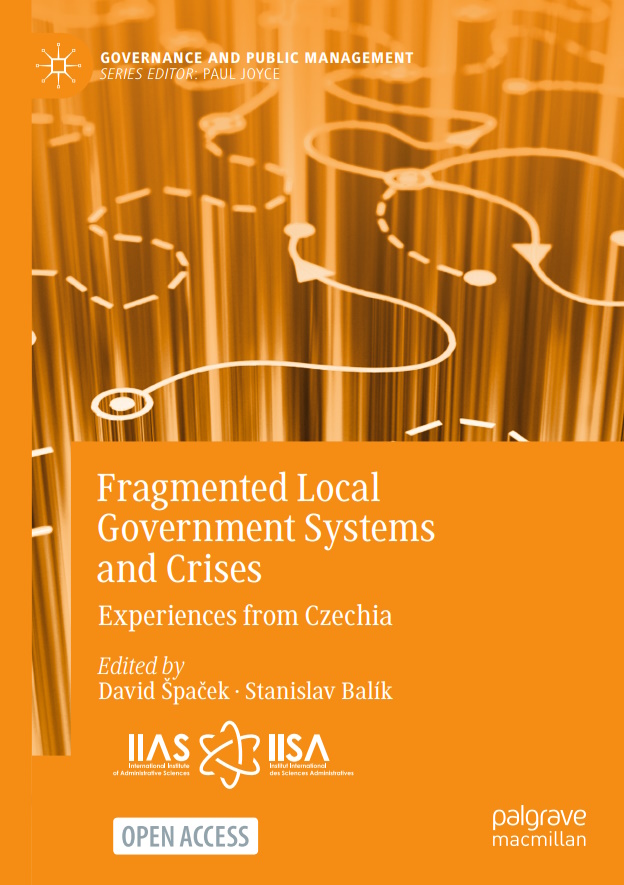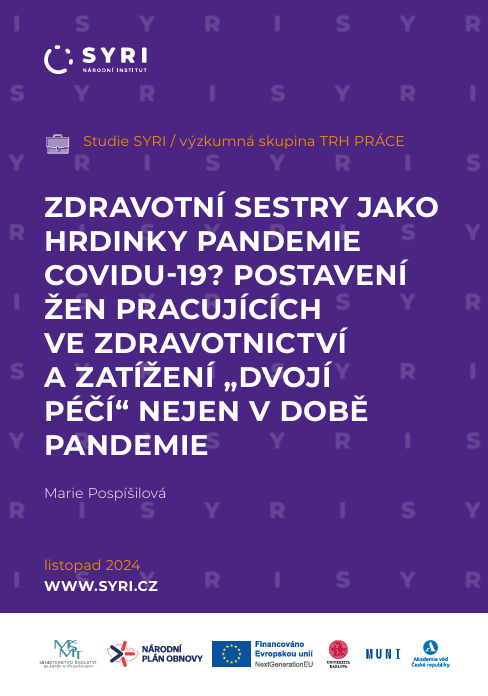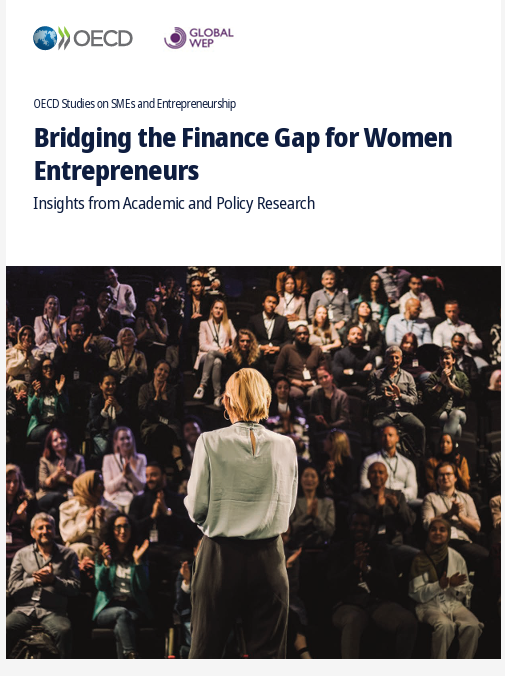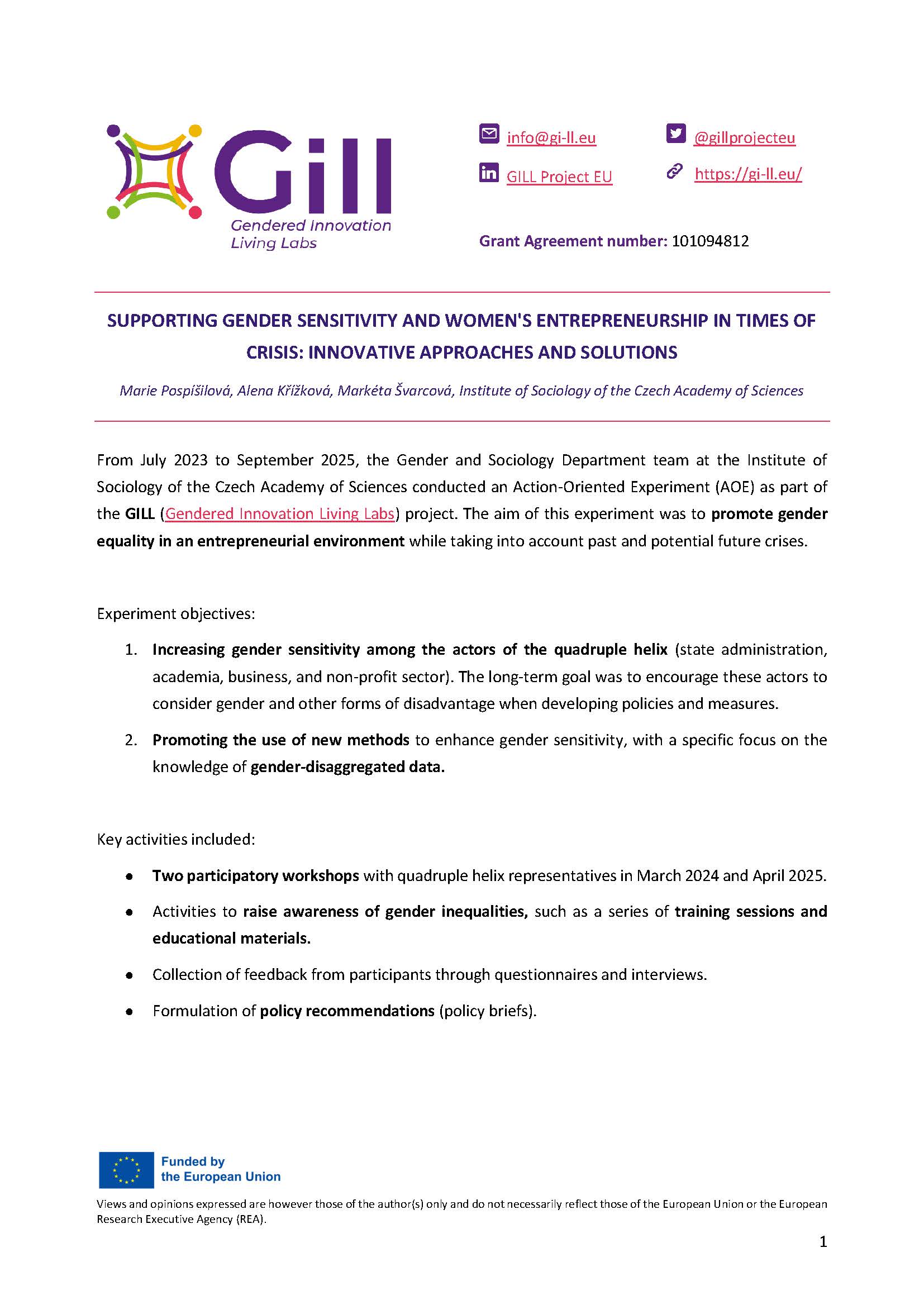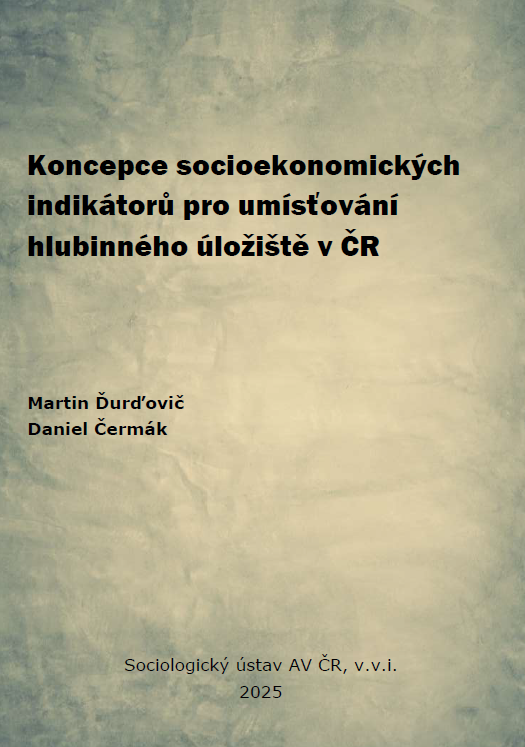Publications
Beauty and Social Capital
Topics: Social Capital, Social Inequalities
Publication Type: Professional Book / Monograph
Department: Economic and Religious Studies
Development and Validation of the Ultra-Short Version of the Identity Style Inventory (US-ISI-5) Among Czech Adolescents
Topics: Research Methodology
Bezpečnostní rizika pravoslavné církve
Topics: Religion and religiosity
Research report from the second wave of data collection (Czech Education Panel Survey)
Topics: Trust/Social Cohesion, Identity, Migration and Mobility, Politics and Political Attitudes, Education
Round table report: Patient experience with the use of loops in diabetes care
Topics: Care, Technology and society, Public health
Publication Type: Other Publication
Department: National Contact Centre for Gender & Science
Involved Fathers and Intensive Parenting in Czechia: Norms and Fathers’ Contextualised Practices
Reinforced by the energy crisis: Nuclear revival and public opinion in the Czech Republic
Herbář druhé sklizně: Čím se stávají léčivé rostliny v době průmyslové toxicity?
Topics: Education, Public health, Environment
Publication Type: Other Publication
Department: National Contact Centre for Gender & Science
The Microbiopolitics of Novel Foods: The Pro- and Antibiotic Implications of Cultivated Meat and Aquaponic Farming
Topics: Technology and society, Public health, Environment
Publication Type: Peer-reviewed article
Department: National Contact Centre for Gender & Science
Sympathy for the strong leader in Europe
Topics: Politics and Political Attitudes
Reassessing poverty measurement in Europe using a cash-flow-informed residual-income framework
Topics: European Union, Housing, Wages and Incomes, Standard of Living
(Nejen) pravoslavní v České republice na počátku 21. století
Topics: Religion and religiosity
Publication Type: Professional Book / Monograph
Department: Economic and Religious Studies
Small Municipalities and Ukrainian Migrant Crisis
Navigating the Pandemic: Coordination and Communication in Small Czech Municipalities
Topics: City and Village, Public Administration, Public health
A comparative study of socio-economic segregation in European capital city-regions: From segregation to desegregation?
Topics: Housing, Trust/Social Cohesion, Economy, City and Village, Migration and Mobility, Wages and Incomes, Social Inequalities, Standard of Living
Nurses as heroes of the COVID-19 pandemic? The situation of women working in the health sector and the burden of 'double care', not only in times of pandemics
Topics: Gender, Care, Public health
Czechia: Policy insights on how culture influences access to finance
Topics: Gender, Entrepreneurship
Supporting gender sensitivity and women's entrepreneurship in times of crisis: innovative approaches and solutions
Topics: Gender, Entrepreneurship
Publication Type: Other Publication
'Being a Good Neighbour and Good Steward of the Land': Anthropocentric and Biocentric Attitudes among Representatives of Environmental Organisations and Their Significance for the Success of Landscape Governance Strategies.
Topics: Climate Change, Civil Society, Social Capital, Environment
Labour market situation and dynamics of displaced people from Ukraine in Czechia
Topics: European Union, Economy, Migration and Mobility, Work
Publication Type: Professional Book / Monograph
Department: Economic and Religious Studies
The Concept of Socio-economic Indicators for Siting the Deep Geological Repository in the Czech Republic
Topics: Environment
Málo jich, aneb evangelíci v čele českých, moravských a slezských měst v ‚dlouhém‘ 19. století
Topics: City and Village
Publication Type: Chapter in a Book / Monograph
Department: Economic and Religious Studies
More Than Skepticism: Climate Change Discourses through an Economic Perspective in Czech Newspapers
Topics: Economy, Climate Change, Politics and Political Attitudes
Publication Type: Article with impact factor
Page 1 of 162
